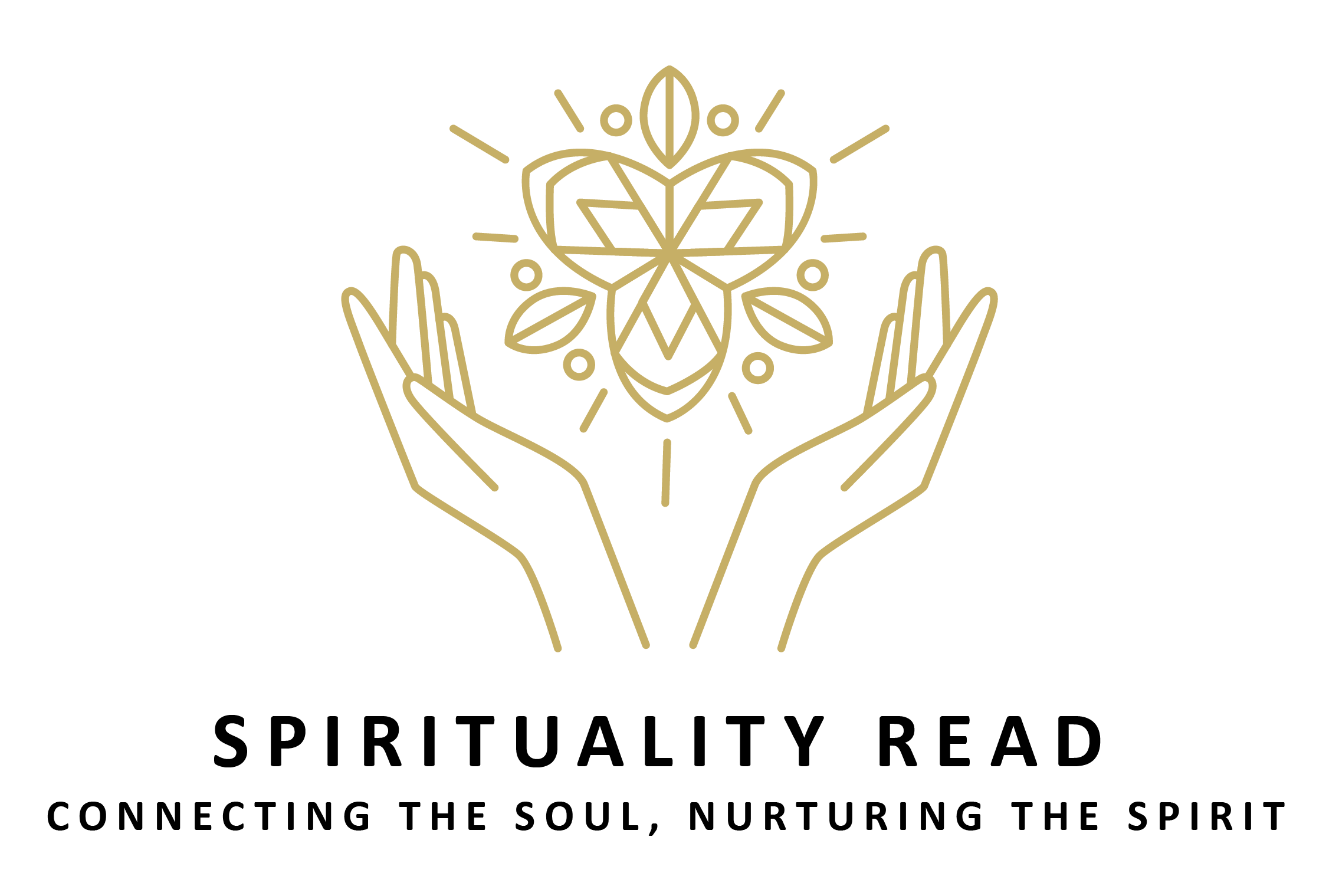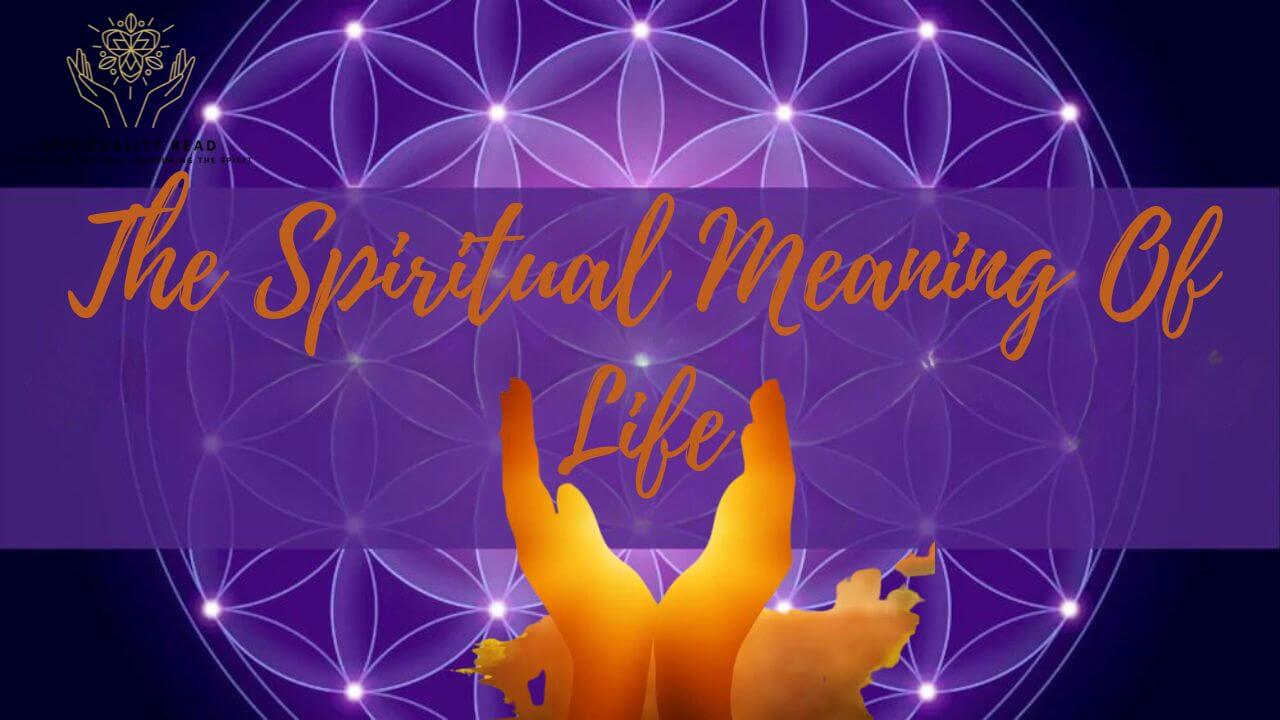In the complex tapestry of life, we often find ourselves pondering a profound question – what is the spiritual meaning of life? This age-old query has captivated the minds of philosophers, theologians, and curious souls throughout history. This article embarks on a journey to delve into the spiritual dimensions of existence, offering insights into understanding and purpose.
Defining Spirituality
Spirituality is a deeply personal concept, and its definition varies from one individual to another. It encompasses the intimate connection between the self and the universe, the pursuit of meaning transcending the material world, and the quest for inner peace.
The Quest for Purpose
At the core of the spiritual meaning of life lies the pursuit of purpose. Discovering why we exist and what our life’s purpose is can provide a profound sense of fulfillment and direction.
The quest for purpose invites individuals to embark on a journey of introspection and self-discovery. It encourages us to reflect on our values, beliefs, and ethics. This quest for meaning is not a one-size-fits-all journey but a deeply personal exploration of one’s unique place in the world.
The Connection with the Divine
Many individuals find profound meaning in their spiritual connection with a higher power or a divine force. This connection provides guidance, strength, and a sense of belonging.
The connection with the divine can take various forms, from devout religious beliefs to a more abstract sense of cosmic interconnectedness. For some, it may manifest as a comforting relationship with a personal deity, while for others, it might be a profound reverence for the mysteries of the universe.
Self-Discovery and Enlightenment
The journey of self-discovery and the pursuit of enlightenment can be a transformative spiritual experience. It leads to a deeper understanding of oneself and the world.
Self-discovery is an ongoing process. It involves peeling back the layers of societal expectations and conditioned beliefs to reveal the authentic self. It’s about understanding your desires, confronting your fears, and embracing your uniqueness.
The Practice of Mindfulness
Mindfulness is not merely a mental exercise but a way of life. It encourages us to be fully present in our daily activities, savor the taste of our food, feel the warmth of the sun on our skin, and listen attentively to the people around us. It’s about letting go of distractions and truly living in the moment.
Embracing the Present Moment
The spiritual meaning of life often revolves around embracing the present moment. By living in the now and letting go of the past and future, we can find profound joy and contentment.
Living in the present moment is a conscious choice. It means not dwelling on past regrets or anxiously anticipating an uncertain future. Instead, it’s about immersing yourself in the beauty of the here and now, finding solace in the simplicity of the present.
Fostering Compassion and Empathy
Fostering compassion and empathy for others is a vital aspect of a spiritually meaningful life. These qualities nurture love, kindness, and a sense of interconnectedness with all beings.
Compassion is not merely feeling pity for someone’s suffering; it’s a genuine desire to alleviate that suffering. It’s about extending a helping hand, offering a listening ear, and sharing the burdens of others.
Striking a Balance in Life

Balancing the various aspects of life, including work, relationships, and personal growth, is essential for spiritual well-being. Achieving equilibrium leads to a harmonious and fulfilling life.
Balance is not about allocating equal time to every aspect of life but recognizing what’s most important at any given moment. It’s about knowing when to focus on your career when to nurture your relationships, and when to invest in self-growth.
The Power of Gratitude and Contentment
Practicing gratitude and contentment helps us appreciate the abundance in our lives. It serves as a reminder that even in challenging times, there are blessings to be counted.
Gratitude is not just about saying “thank you.” It’s about recognizing the small miracles in life the smile of a loved one, the beauty of nature, and the simple pleasures that often go unnoticed. Contentment, on the other hand, is finding peace in what you have, rather than constantly chasing what you lack.
The Role of Faith
Faith can be a guiding light in the darkest of times. It’s the unwavering trust in a higher power, a universal order, or the human potential for goodness. It offers solace and strength when faced with life’s challenges.
Overcoming Life’s Challenges
Challenges are not obstacles to be avoided but opportunities for personal growth. They demand that we dig deep, tap into hidden reserves of strength, and emerge from adversity wiser and more resilient. The spiritual path is not about avoiding challenges but navigating them with grace and grit.
Nurturing Deep Relationships

Relationships are the heart of the human experience. They are the mirrors through which we see ourselves, the sources of love and support, and the connections that remind us we are not alone. Nurturing these relationships, with care and devotion, enhances our sense of belonging and purpose.
Giving Back to the Community
Acts of kindness and giving back to the community can be a source of spiritual fulfillment. Service to others is the embodiment of the universal principle of interconnectedness. By helping those in need, we not only uplift them but also uplift ourselves. It’s a reminder that our actions have a ripple effect, and the good we put into the world comes back to us in immeasurable ways.
Conclusion
The spiritual meaning of life is a multifaceted journey, unique to each individual. It encompasses the quest for purpose, a connection with the divine, self-discovery, mindfulness, compassion, and various other aspects. As we navigate the complex tapestry of existence, let us remember that life’s spiritual dimension offers us a path toward inner peace, love, and profound purpose.
Also Read: Angel Numbers and Faith: A Spiritual Journey
FAQs
What is the ultimate purpose of life?
The ultimate purpose of life varies from person to person. It may involve personal growth, service to others, or connecting with a higher power.
How can one practice mindfulness in daily life?
Mindfulness can be practiced by fully engaging with the present moment, whether through meditation, daily activities, or appreciating the beauty around you.
Is spirituality connected to religion?
While spirituality can be associated with religion, it can also exist independently of religious beliefs, as it is a deeply personal concept.
How can I find my own spiritual path?
Exploring various spiritual practices, self-reflection, and seeking guidance from mentors can help you discover your unique spiritual path.
Why is gratitude important in spiritual growth?
Gratitude shifts our focus from what’s lacking in our lives to the abundance we possess, fostering a positive and spiritually enriching perspective.

